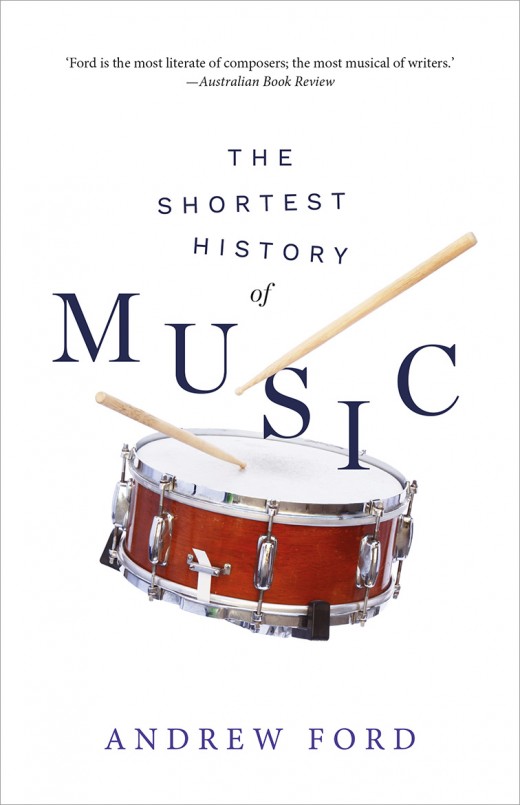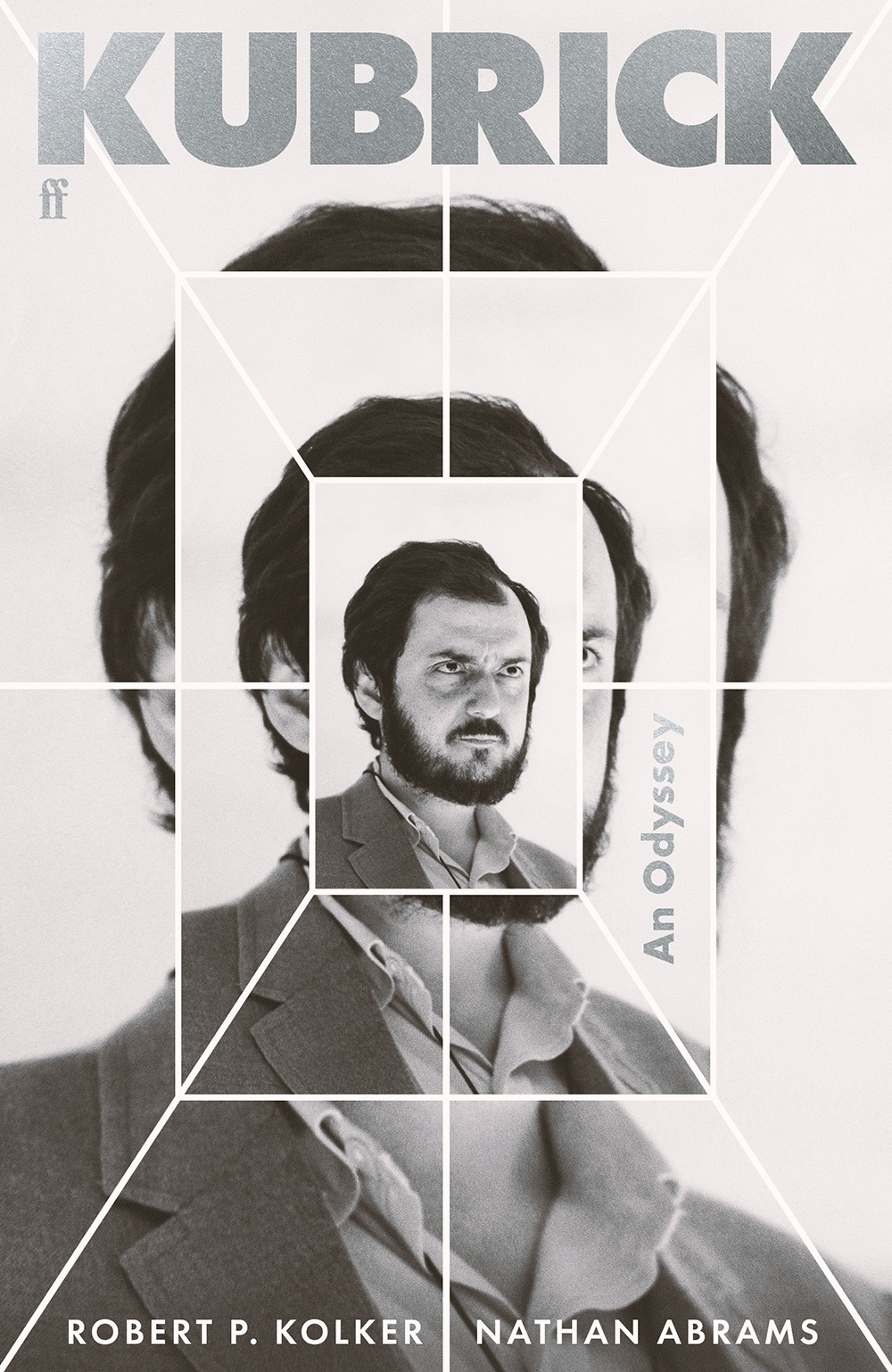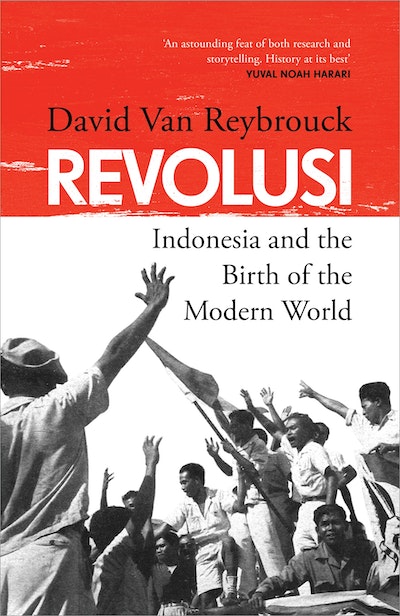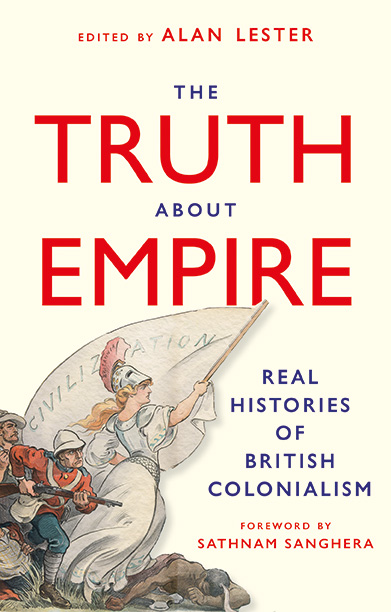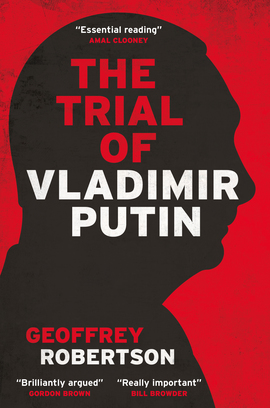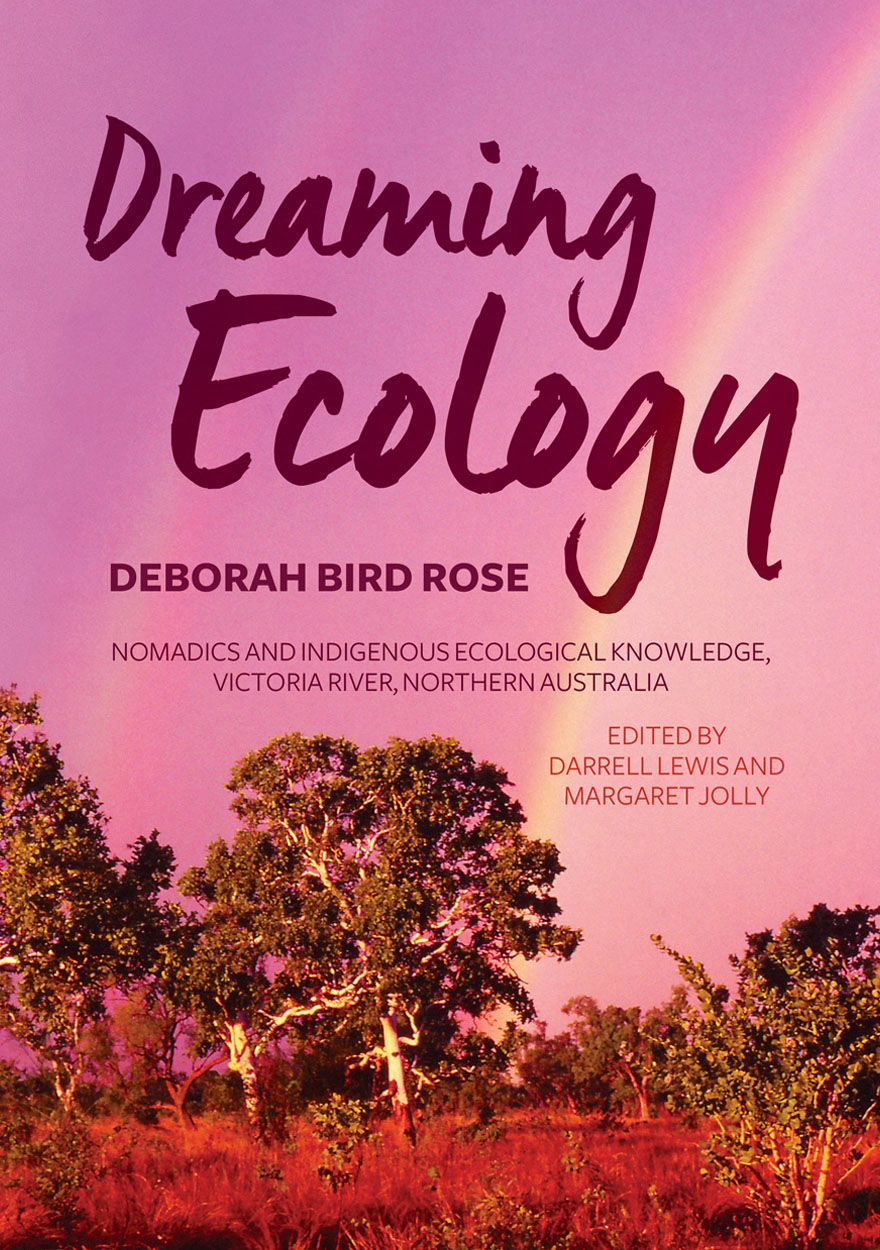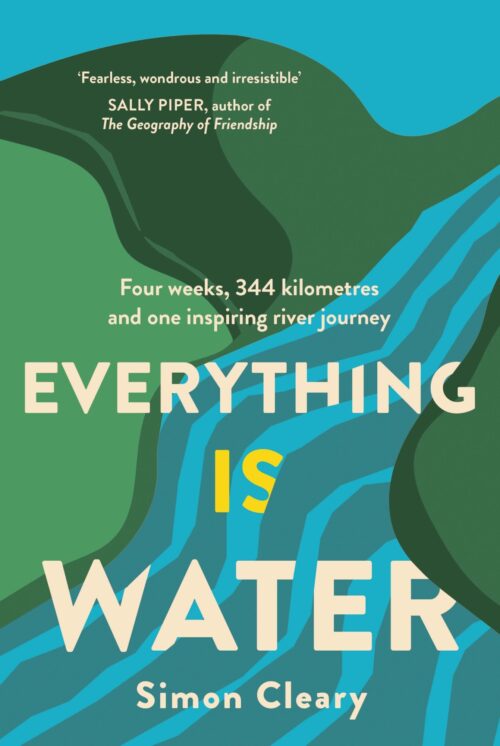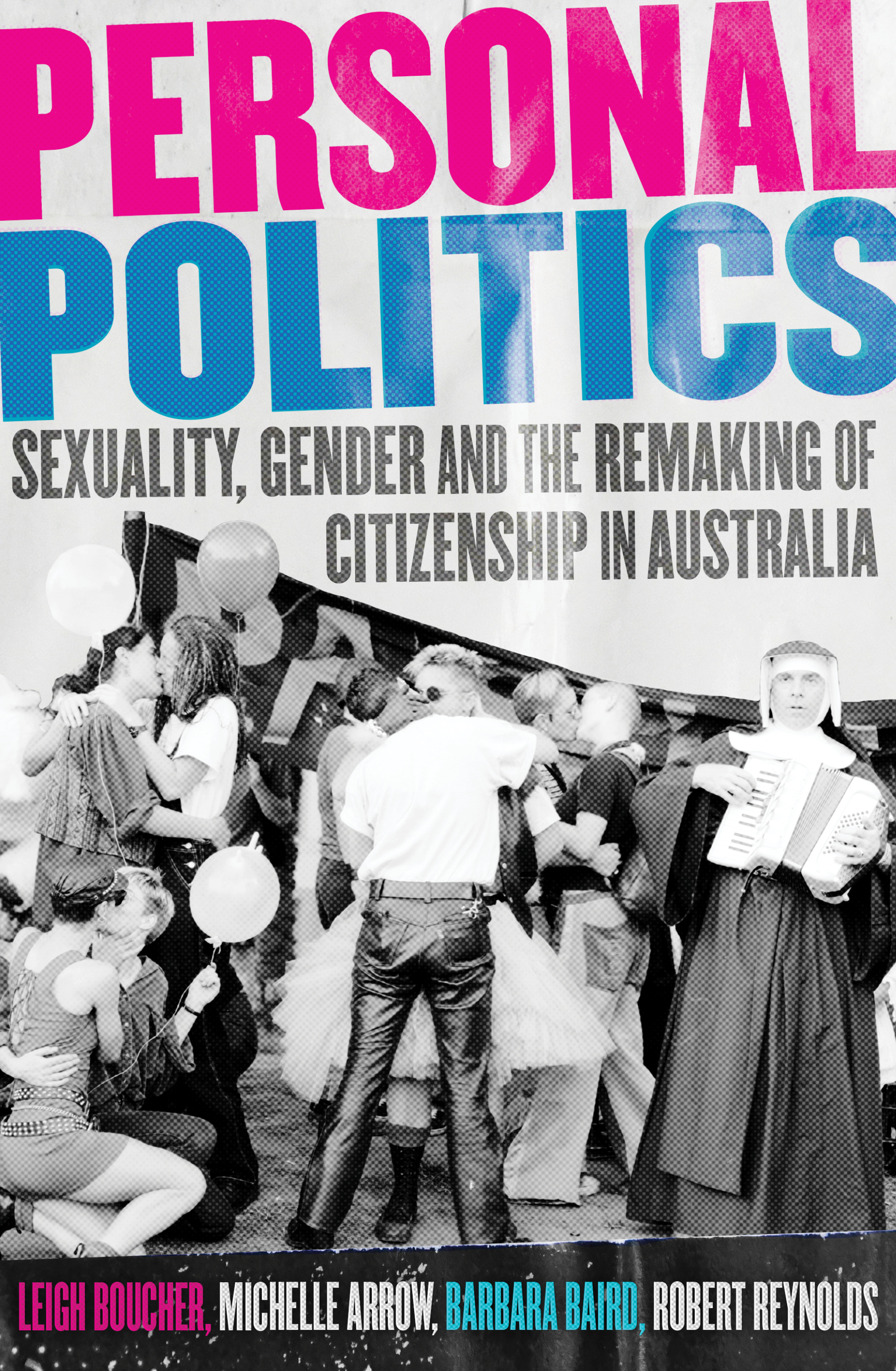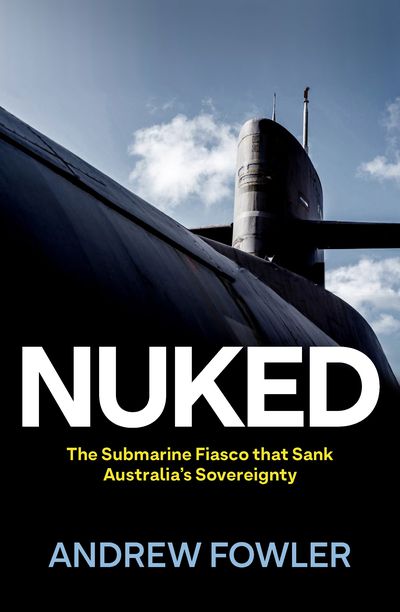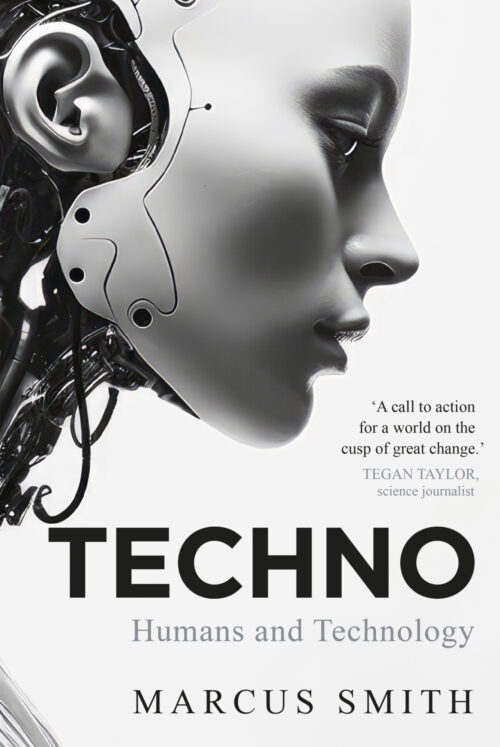Non Fiction
Andrew Ford is a musical polymath. On his website he identifies as a ‘composer, writer and broadcaster’. I suspect the Australian public knows him best as a broadcaster, given his three decades at the helm of the ABC’s Music Show. That broadcasting longevity does not diminish his continuing acclaim as a composer, as seen in the rousing première of his Red Dirt Hymns before a capacity Canberra Festival crowd on 2 May. Nor does it discount his run of hundreds of essays, and a dozen or so books. Some of those books are edited accumulations of his own press articles and reviews, often drawing on his well-researched Music Show interviews. But most of his books are devoted to particular musical passions: memory, harmony, noise, and, most repeatedly, song (David McCooey reviewed Ford and Anni Heino’s The Song Remains the Same [2019] in ABR, March 2020).
... (read more)Kubrick: An odyssey by Robert P. Kolker and Nathan Abrams
There might be a million stories in the naked city, but the early childhood of Stanley Kubrick was one of the more typical: born in 1928, in the Bronx, to upwardly mobile, artistically sophisticated Jewish parents, one generation out of the Pale. ‘I’m not Jewish but my parents were,’ he liked to joke.
... (read more)Revolusi: Indonesia and the birth of the modern world by David Van Reybrouck, translated from the Dutch by David Colmer and David McKay
In 1906 and 1908, on the island of Bali, thousands of people dressed in ceremonial Hindu attire walked towards Dutch gunfire in acts of mass suicide known as puputan. These were not the first events of mass violence by the Dutch against the indigenous people of what we now call Indonesia – nor the last. In 1621, the native inhabitants of the Banda Islands were slaughtered en masse to secure Dutch access to nutmeg; it was the starting point for Amitav Ghosh’s brilliant non-fiction work The Nutmeg’s Curse (2021). The only Bandanese who survived were enslaved. During the so-called Dutch Golden Age of the 1600s, Batavia (now Jakarta) was home to 27,000 people – half of whom were enslaved. In 1740, the Dutch massacred almost all ethnic Chinese residents of Batavia, establishing what would become a dark history of anti-Chinese violence in the archipelago.
... (read more)The Truth About Empire: Real histories of British colonialism by Alan Lester
Increasingly, public understanding of issues vital to humanity’s well-being and future – climate change, health policy, international relations – is informed by debate that pits specious prejudice, masquerading as opinion, against expertise. Communicating with a lay audience, experts on complex yet politically charged subjects confront twin challenges: they must present evidence that is multifaceted and can provide no perfect or certain solution, while simultaneously dismantling arguments, founded in denialism, that endorse simple strategies and offer comforting but false hope. Experts and those who wish to construct evidence-based policy are struggling to meet these challenges.
... (read more)Vladimir Putin must be tried in an international court for ordering the 2022 Russian invasion of Ukraine. He must be tried, not just indicted, and to do this a new international court explicitly intended to deal with leaders responsible for such territorial aggression must be created. Since the Russian president won’t appear before any international court, he will need to be tried in absentia. Nevertheless, such a trial is essential not only to uphold international law, but to deter other international leaders who are contemplating aggression.
... (read more)Dreaming Ecology: Nomadics and Indigenous ecological knowledge, Victoria River, Northern Australia by Deborah Bird Rose
Dreaming Ecology is the posthumous third volume in a trilogy that also comprises Deborah Bird Rose’s earlier anthropological study Dingo Makes Us Human (1992) and Hidden Histories (1991), an account of the recent his-tory of Aboriginal people in the Victoria River District (VRD) region in the north-western corner of the Northern Territory. As an anthropological neophyte, I came across her briefly in 1994 during the Palm Valley Land Claim in Central Australia, in her role as anthropologist assisting the Northern Territory Aboriginal Land Commissioner. Although by the time of her death in 2018 she had worked on nearly twenty Aboriginal land claims, her own anthropological research diverged from Australian anthropology’s preoccupation for nearly fifty years with Indigenous land tenure systems dictated by the land claim and native title claim process.
... (read more)There are few places more restful than a riverbank on a fine day, few sights more enticing than a disappearing river bend, few places more intriguing to follow than the tumbled rocks of a creek line. Following the water, to its source or destination, seems hard-wired into our psyche.
... (read more)Personal Politics: Sexuality, gender and the remaking of citizenship in Australia by Leigh Boucher et al.
The slogan the ‘personal is political’ is now so well-worn that it has congealed into cliché, though the notion itself can still produce a backlash if we take regular diatribes against ‘identity politics’ as a measure. In such rants, it is as though only some of us possess an identity that we mobilise around politically, whether under the LGBTQI+ umbrella, as First Nations peoples, as part of ethnic communities, or as ‘women’, the world’s largest special interest group. Given that critics of ‘identity politics’ tend to be socially conservative, the targets of their reductive invectives are presumed to lean to the left politically.
... (read more)Nuked: The submarine fiasco that sank Australia’s sovereignty by Andrew Fowler
Nuked – a compelling but depressing read – is a deeply researched and strangely suspenseful account of the AUKUS agreement struck between Australian Prime Minister Scott Morrison, British Prime Minister Boris Johnson, and United States President Jo Biden and announced in September 2021; a deal that included supplying Australia with a fleet of nuclear-powered submarines at the staggering cost of $368 billion. Nuked should be compulsory reading for all Australian citizens.
... (read more)For those of us who would like to see a revival of the ‘techno-critical’ tradition in public debate (the tradition of Marshall McLuhan, Jacques Ellul, Neil Postman, and Langdon Winner, inter many alia), it is a cause of some irritation that the hegemonic view of technology remains the instrumental one. Here, technology is deemed to be neutral, in a way that precludes any serious analysis of its constitutive role in human affairs. Technologies, it is said, are merely tools to serve the needs of their users; they have no political content per se. I can use a hammer to drive in a nail or bludgeon my next-door neighbour to death. It is my actions that matter, not the hammer itself.
... (read more)
